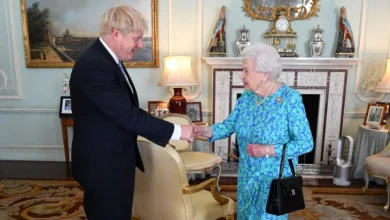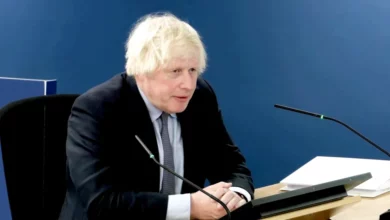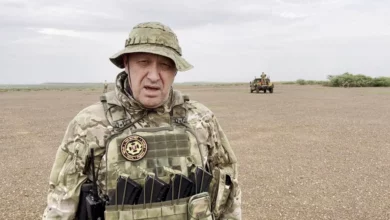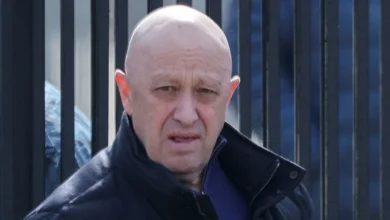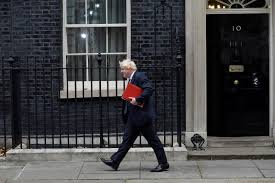
British Foreign Secretary Boris Johnson on Friday accused Russia of trying to hide the use of sarin gas by Syrian president Bashar al-Assad’s government, and said Moscow’s behaviour was undermining the consensus against chemical weapons.
A United Nations report released on Thursday found Assad’s government to blame for a chemical attack in Khan Sheikhoun, Syria which killed dozens of people in April and prompted a retaliatory US missile strike.
Commenting on the release of that report, Johnson called on the international community to hold Assad’s government to account.
He also launched a fierce attack on Russia, which helped broker a deal in 2013 under which Assad agreed to destroy Syria’s chemical weapon stockpile.
“Russia has repeatedly attempted to disrupt efforts to get to the truth of the Khan Sheikhoun attack,” he said in a statement. “Russia has consistently chosen to cover up for Assad.”
“This behavior can only undermine the global consensus against the use of chemical weapons. I call on Russia to stop covering up for its abhorrent ally and keep its own commitment to ensure that chemical weapons are never used again.”
Russia has defended the Syrian leader against US allegations that his forces carried out the attack, saying there was no evidence. Russia said the chemicals that killed civilians belonged to rebels, not Assad’s government.
The Syrian government has repeatedly denied using chemical weapons during the country’s more than six-year civil war. Moscow backs Syrian government forces against rebels in the war.
The chemical weapons investigation mechanism was unanimously created by the 15-member UN Security Council, which includes Russia, in 2015 and renewed in 2016 for another year. Its mandate is due to expire in mid-November, and Russia on Tuesday vetoed a proposal to further extend its mandate.
Russian ambassador to the UN Vassily Nebenzia said Russia would consider revisiting the mandate extension after Thursday’s report was discussed.
Johnson’s comments come only weeks after his foreign ministry announced he would travel to Moscow later this year to discuss international security issues.
Johnson has previously described diplomatic relations with Russia as “difficult” but said the British government had a policy of engaging with Moscow “to further mutual interests where they exist”.
In April, following the sarin gas attack, he canceled what would have been the first visit to Russia in five years by a British foreign secretary.

